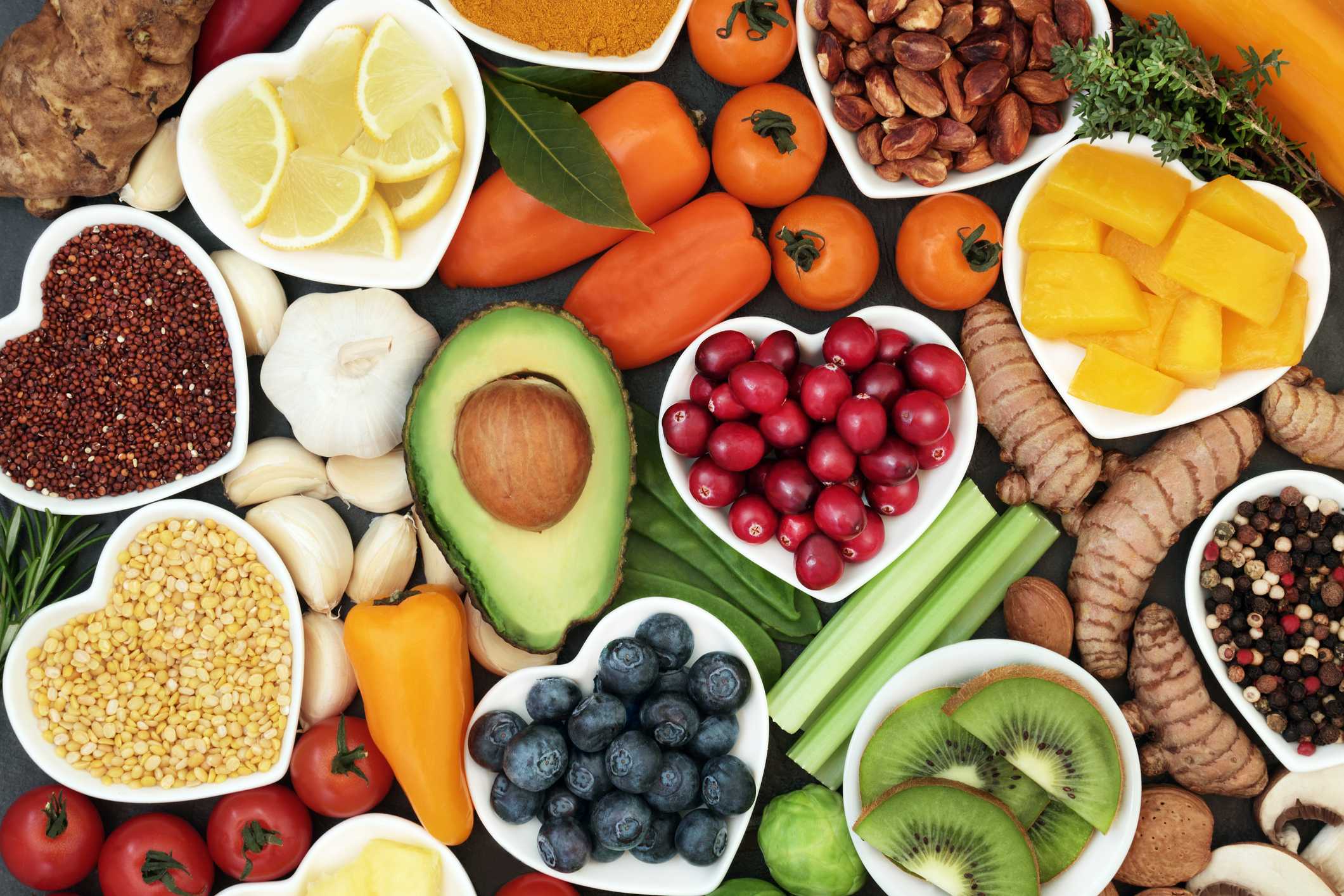Its symptoms include cramping, bloating, lower abdominal pain, diarrhea or constipation, etc. it occurs thanks to the consumption of certain sorts of foods that trigger the symptoms.
Different people having IBS have different food that initiates this condition but certain food types might aggravate the symptoms. Some people can manage IBS by monitoring their lifestyle while others may need medication.
Here are a number of foods that may trigger IBS in most people:
1. Insoluble Fiber:
Dietary fiber adds to the majority of food and is usually good for digestion but certain sorts of insoluble dietary fibers might worsen the condition for a few people having IBS.

Foods like whole grains and vegetables are rich in insoluble fibers while beans, oats, and fruits are rich in soluble fibers. If these fiber-rich foods cause problems, try having fiber supplements instead.
2. Gluten:
Gluten may be a group of proteins found in grains including rye, wheat, and barley, which can cause problems for a few people with IBS.
Also, people having other digestive disorders just like the disorder where absorption doesn’t happen properly and are allergic to gluten, it’d increase IBS symptoms. Research suggests that a diet can improve IBS symptoms in around half of the people studied.
3. Dairy Products:
Dairy products can cause problems in people with IBS thanks to various reasons. First, they’re rich in fat which could cause diarrhea. Also, many of us with IBS have said that milk may be a trigger for his or her IBS symptoms.
You’ll either switch to low-fat dairy products or if you are feeling dairy products are causing problems, try dairy alternatives like plant milk and soy-based cheese.
4. Fried Foods:
Most of the fried foods are common in typical western diets. Frying your food changes the chemical makeup of the food which makes it tougher to digest it.
This causes uncomfortable digestive symptoms. For a healthier alternative, try baking or grilling your food.
5. Caffeinated Drinks:
Some people have coffee as a requirement in their morning routine for digestive regularity.
But like all other caffeinated drinks like sodas and energy drinks, it too has caffeine which features a stimulatory effect on the intestine causing low absorption and diarrhea.
6. Processed Foods:
Processed foods like packed chips, deep-fried foods, premade frozen foods, etc. have many added salt and sugar alongside preservatives.
Eating these foods can cause a spread of health problems like cardiac diseases, hypertension alongside IBS. Whenever possible consider cooking meals, reception, or buying fresh produce.
7. Alcohol:
Alcohol drinks are a standard trigger to tons of individuals having IBS. This is often because the digestion of alcohol requires tons of water which successively causes dehydration and may affect digestion.
Limiting alcoholic beverages might improve the condition.
What to eat instead:
Many doctors recommend people with IBS possess a low FODMAP diet. FODMAP stands for fermentable oligosaccharides, disaccharides, monosaccharides, and polyols.
People should eat not fermentable long-chain carbohydrates like fish and other meats, eggs, butter and oils, lactose-free dairy products, vegetables like carrot, eggplant, spinach, fruits like bananas, grapes, oranges, etc.
Also Read: Seaweeds, Maggots To Combat Malnutrition